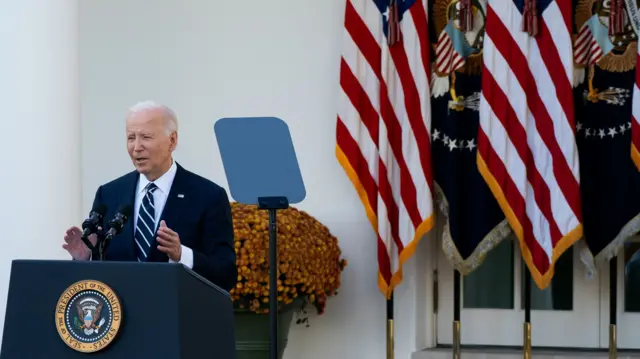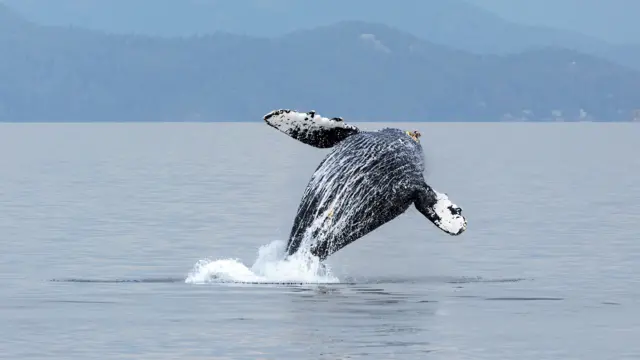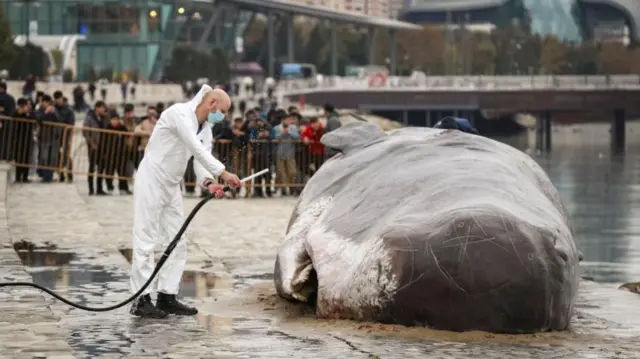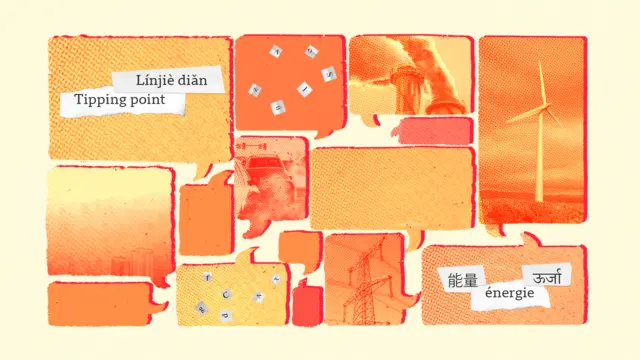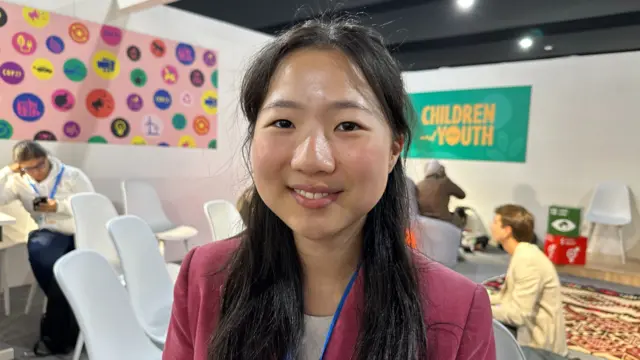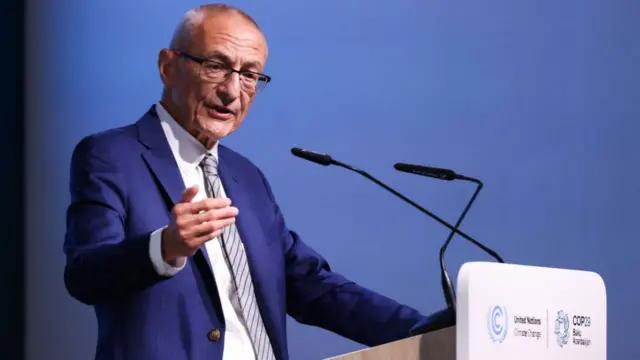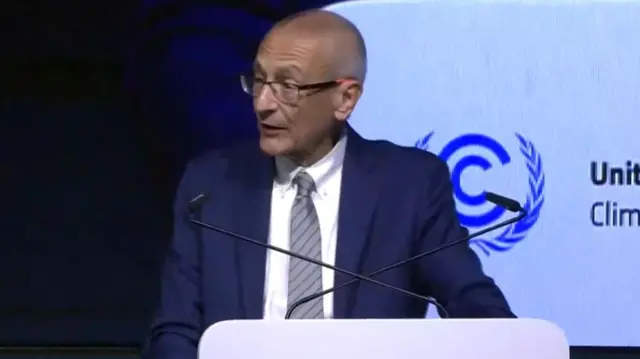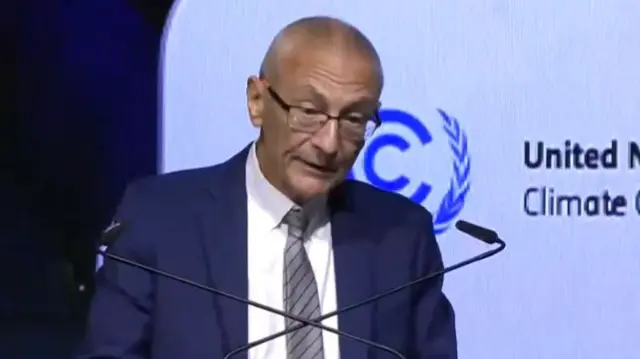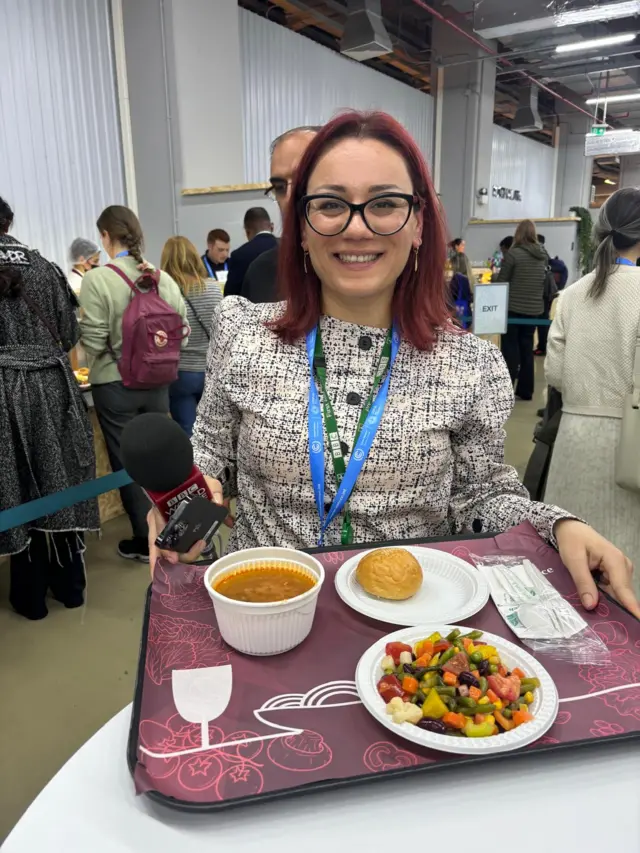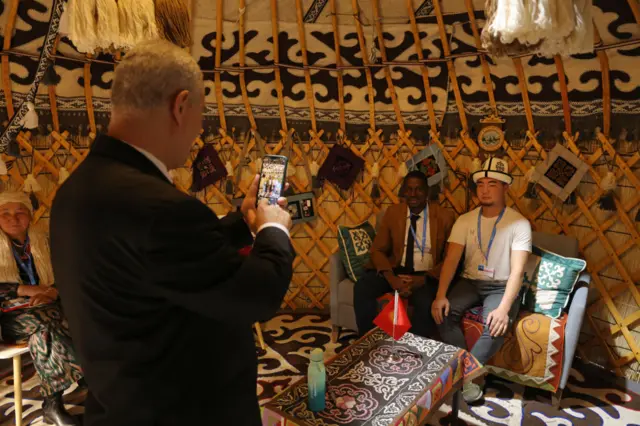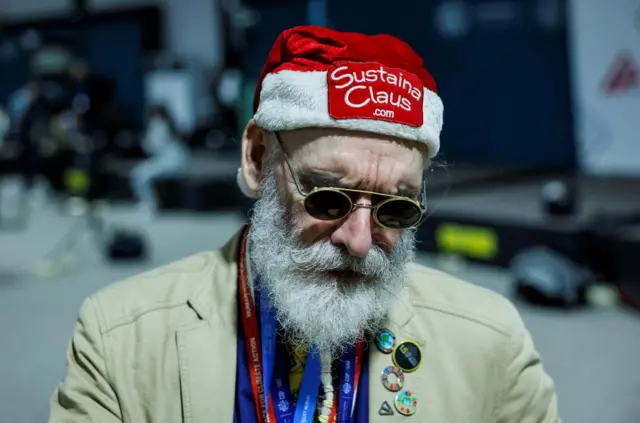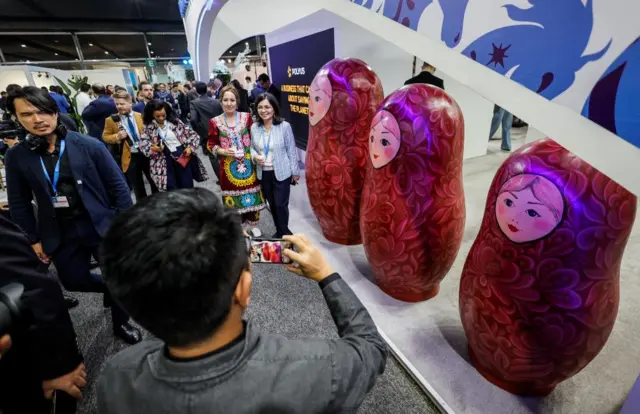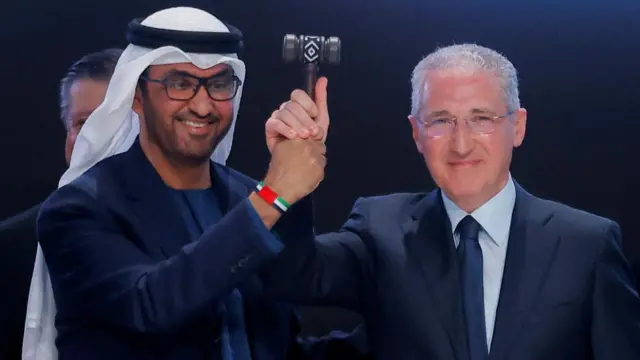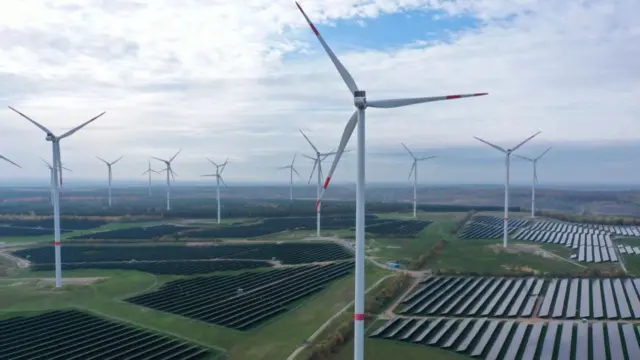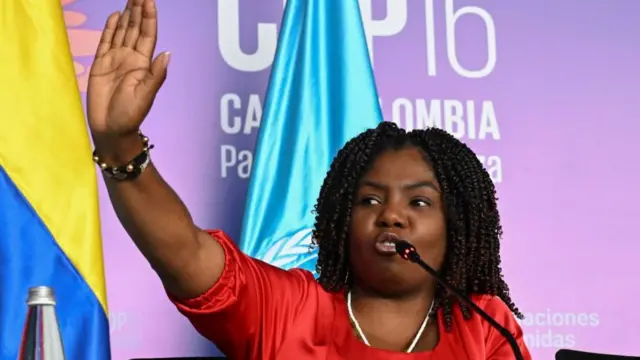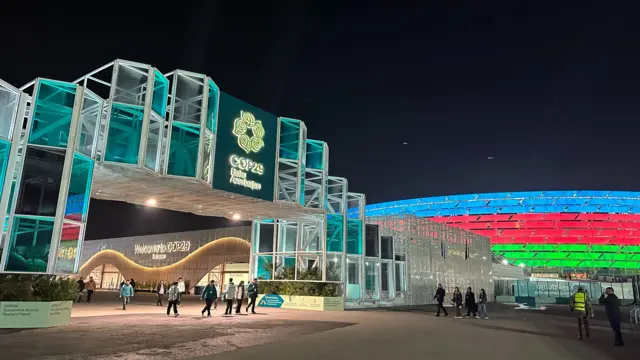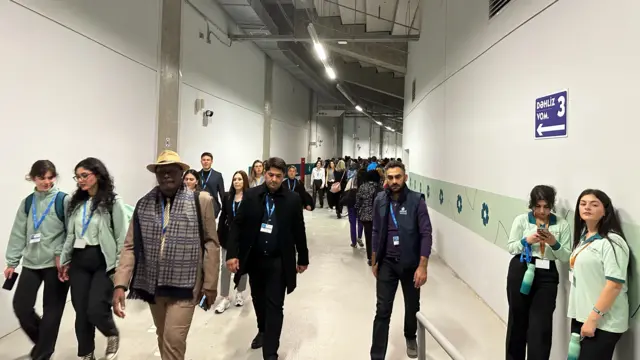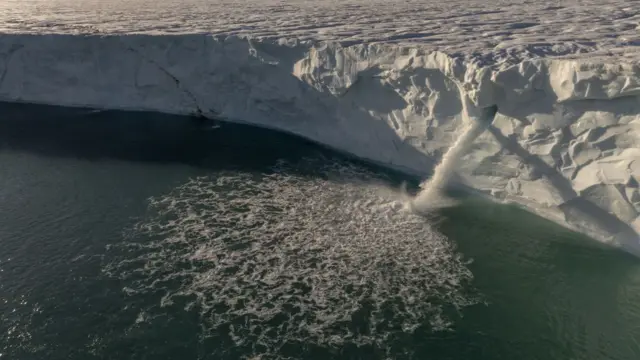COP agenda still unclear, but we'll be back for more tomorrowpublished at 17:12 GMT 11 November 2024
 Georgina Rannard
Georgina Rannard
Climate reporter in Baku
 Image source, Getty Images
Image source, Getty ImagesNegotiations are ongoing while a fight rages over what to put on the formal agenda of this summit - remember that there are nearly 200 countries taking part in the UN climate conference and they all have to agree on priorities.
But while they continue into the night-time here (we're four hours ahead), here's what happened on the first day of COP29 in the Azerbaijani capital:
- Thousands of politicians, negotiators, scientists and activists poured into the Olympic Stadium in Baku as they try to agree on next steps on tackling climate change
- The US climate envoy, John Podesta, (who is working for Joe Biden while he is still president) said for people who care about climate action, Donald Trump's election was "bitterly disappointing" but that the US work would carry on with "passion and belief"
- The UN's World Meteorological Organisation announced that this year is on track to be the warmest on record, as between January and September the global average temperature rise was around 1.54C above those of the late 19th Century
- And countries argued behind the scenes about whether to discuss moving away from fossil fuels, as agreed at COP last year. Nations that rely on fossil fuels are thought to be trying to limit this meeting and instead talk only about cash
We've got two weeks to go until the talks wrap up and our teams in London and Baku will be keeping you updated throughout. We'll be back for more tomorrow - as world leaders arrive to give speeches about their country's promises on tackling climate change.
Until then, I hope we'll discover a way through the rabbit warren that is this COP venue (and some cheaper sandwiches).

